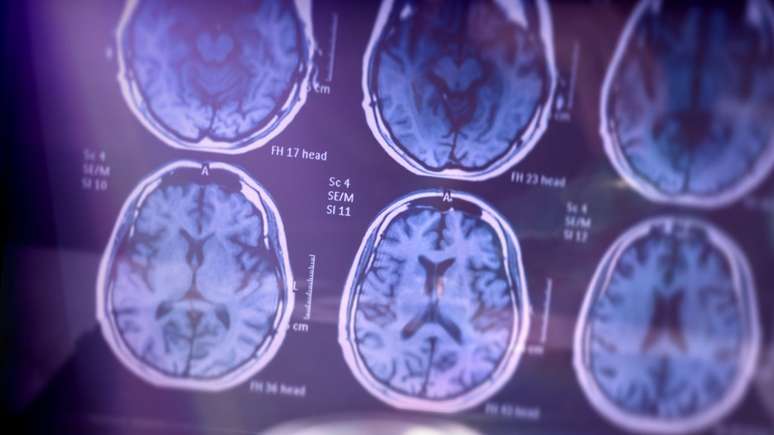The researchers reveal that the first risk signs for Alzheimer’s could appear in his youth; Understand the study and how early prevention can protect the brain
The disease of Alzheimer’s It is often associated with aging, but new discoveries show that their first tests could arise long before imagining. A study of Columbia UniversityPublished in the magazine The Lancet Regional Health – AmericasHe revealed that the risk factors for dementia already affect the brain health of 20 -year -old people.
This discovery changes the way we understand the development of the disease. Instead of starting to act only when the symptoms appear at 60 or 70, researchers suggest that biological processes related to Alzheimer can be silently active by youth.
The brain can give signs decades before the symptoms
The research has followed thousands of individuals since the 90s, evaluating the health of the participants between 24 and 44 years old. For this, the Caie score has been used. The tool that calculates the risk of dementia based on factors such as blood pressure, cholesterol, body weight, level of physical activity and age.
The results are surprised: young people with higher scores had a cognitive performance less than 25, with thin short -term memory difficulties and processing at lower speed. Although these differences may seem small in everyday life, scientists strengthen that they are statistically relevant and indicate that the brain begins to give signs of alert long before the elderly phase.
Inflammation and brain proteins as early markers
In addition to the cardiovascular factors, the study analyzed the blood markers of the participants. The presence of the total Tau protein, often associated with that of Alzheimer’s, was related to the lower immediate storage capacity in people aged 34 to 44.
Another discovery was the role of inflammation: the markers related to the immune system appeared associated with lower cognitive performance, with an impact that intensifies all life.
It is interesting to note that the APOE ε4 gene, the main genetic predisposition for Alzheimer’s, has not had a great influence on the knowledge of young adults, strengthening that lifestyle can be an even more decisive factor of genetics in this phase of life.
Early prevention: every decade matters
According to researchers, the mechanisms of the disease can be underway up to 50 years before the appearance of the symptoms. Therefore, youth choices can be decisive to guarantee brain health in the future. Among the prevention measures stand out:
- Maintain controlled blood pressure;
- Take care of body weight;
- Practice physical activities regularly;
- Avoid smoking and reduce alcohol consumption;
- Invest in continuous education, stimulating the brain throughout life.
These attitudes not only protect the heart, but also strengthen the brain, reducing the possibilities of cognitive decline in old age.
Youth as an ally of longevity
The study strengthens a powerful message: it is never too early to take care of the brain. If mental and cognitive health was quite seen as a concern of the elderly, today we know that the car -which should start early. Protecting the mind at the age of 20 or 30 can be the key to the healthiest aging, autonomy, preserved memory and the best quality of life.
Source: Terra
Ben Stock is a lifestyle journalist and author at Gossipify. He writes about topics such as health, wellness, travel, food and home decor. He provides practical advice and inspiration to improve well-being, keeps readers up to date with latest lifestyle news and trends, known for his engaging writing style, in-depth analysis and unique perspectives.







